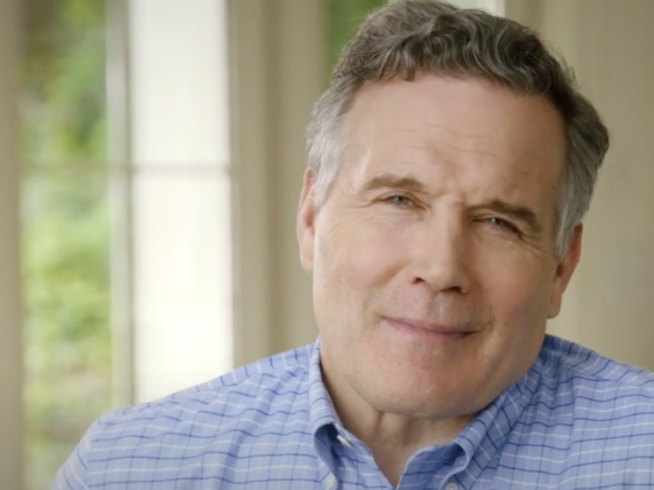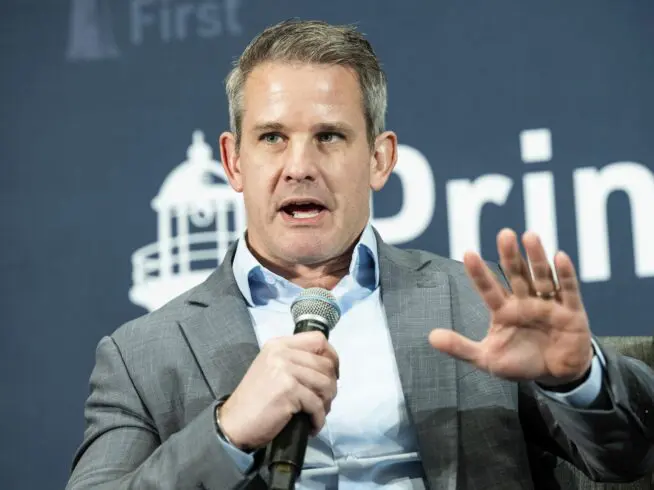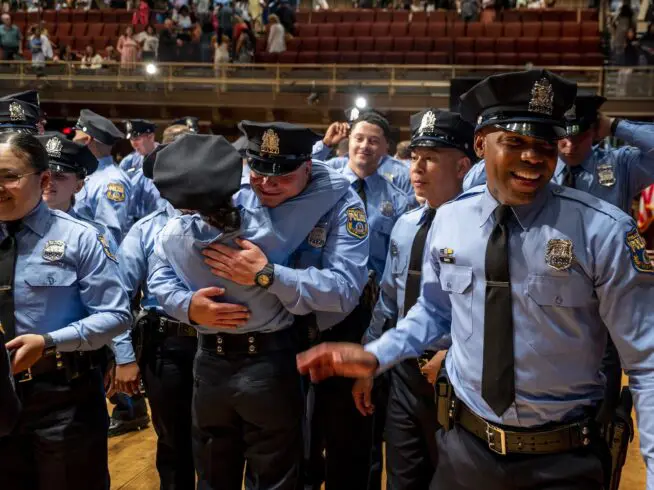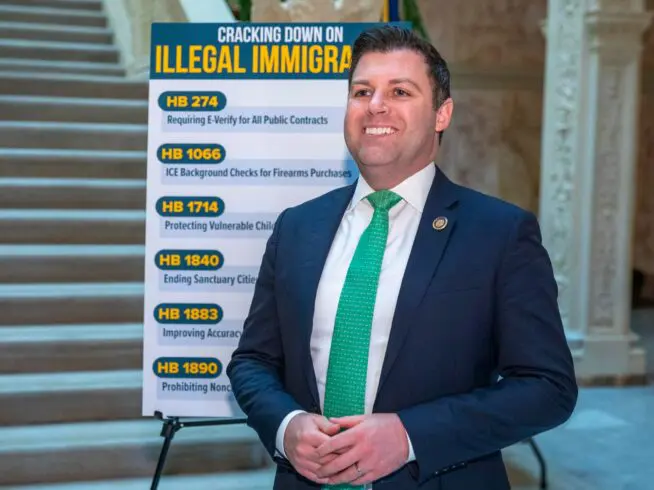Pennsylvania reproductive rights activist talks about the two years since Roe’s reversal
‘One of the most significant surprises was the immediacy of community response after Roe fell,’ said Beulah Osueke, the executive director of New Voices for Reproductive Justice.
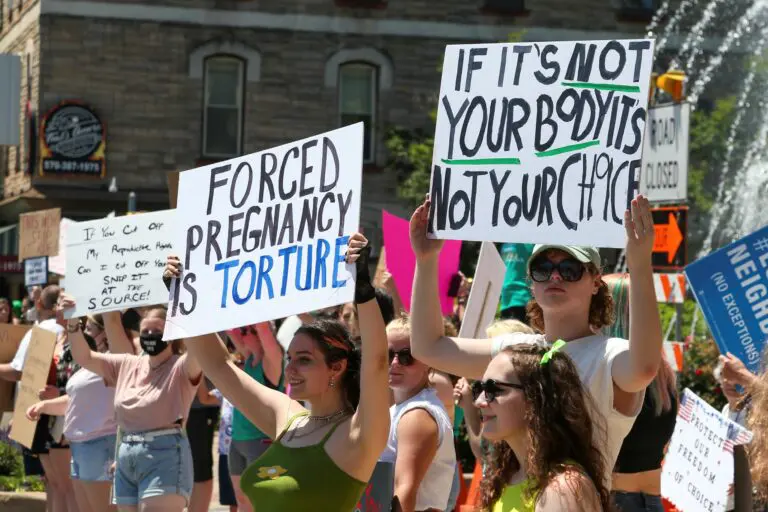
June 24 marks two years since the U.S. Supreme Court overturned Roe v. Wade and the constitutional right to abortion care with its ruling in Dobbs v. Jackson Women’s Health Organization.
Since the Dobbs ruling, voters in many states have taken matters into their own hands, gathering signatures on petitions to put abortion on the ballot and approving initiatives to expand or preserve the right to abortion. Fourteen states have instituted extremely restrictive abortion bans, and some have attempted to criminalize patients and providers for receiving or providing care.
Abortion is currently legal until up to 24 weeks of pregnancy in Pennsylvania and is likely to remain that way under Democratic Gov. Josh Shapiro, whose term doesn’t end for another three years.
However, in 2021, several Pennsylvania state senators introduced a bill calling for an amendment to the state Constitution that would have provided that there is “no constitutional right to taxpayer-funded abortion or other right relating to abortion.” The bill passed in both the House and the Senate, but to be placed on the ballot, a constitutional amendment proposal must be approved by a majority vote in both chambers of the General Assembly in two successive legislative sessions. After Democrats won back control of the House in 2022, the bill failed to pass.
Because there is no specific language in Pennsylvania’s Constitution that guarantees a right to abortion, laws regarding the procedure stand on unsteady footing.
The Pennsylvania Independent asked Beulah Osueke, the executive director of the organization New Voices for Reproductive Justice, for her thoughts on the two years since Roe was reversed. What have been some of her greatest concerns, and points of optimism, and what she might say to voters in her state, given the fact that abortion will play such a huge role in this year’s election?
Osueke’s emailed responses have been edited for length and clarity.
What has surprised you?
One of the most significant surprises was the immediacy of community response after Roe fell. Concerned Pennsylvanians, and constituents across the nation who support our work, began reaching out to us immediately wanting to know how they could help, how they could get involved, or just to offer general words of encouragement.
Even now, that increased level of support and commitment feels tangible, similar to the communal awareness and support offered in the wake of racial justice-focused uprisings in the Summer of 2020. It’s unfortunate that in both of these instances, devastating losses had to occur for mass realization and care about the harm that marginalized and oppressed groups navigate daily. Large-scale tragedy should not be required to move people to care.
What scares you?
Apathy. It’s tempting to feel overwhelmed, and for people to feel like there’s nothing they can do, so “Why even try?” Young people especially, cannot vote, but are navigating the consequences of an increasingly hostile and repressive political climate that will have significant impact(s) throughout the rest of their lives.
What legal aspects were big wins for the state you live in?
There have been a number of impactful wins in Pennsylvania. In 2022, then-Gov. Tom Wolf immediately signed an Executive Order to help establish more protections for people seeking reproductive health care in the Commonwealth.
The 2022 midterm elections were critical in stopping an anti-abortion bill in its tracks. Senate Bill 956 was a proposed constitutional amendment in the 2021-2022 legislation session that would have added an amendment to the state constitution stating there is no guaranteed right to an abortion in Pennsylvania.
SB956 passed the Senate and the House in one legislative session, but needed to pass another session to go to a ballot initiative for PA citizens to vote on. The bill never made it through that second legislative session and it, or any version of it, has yet to be seen again.
Through concerted effort among Reproductive Justice, Rights, and Health groups, we also compelled Pennsylvania Governor, Josh Shapiro, to withdraw state funding towards Crisis Pregnancy Centers, which are pseudo-health clinics that lure in pregnant women and folks in seek of abortion care with the false promise of providing the care that they’re in search of, only to coerce them into keeping an unwanted pregnancy by lying and deceptively convincing them that they are beyond the legal window to acquire an abortion.
In order to protect abortion access in Pennsylvania long-term, a constitutional amendment, similar to Issue 1 in Ohio, MUST be created and passed.
What would you say to folks still on the fence about the upcoming election?
To look beyond this election. Every four years Black people, and Black women in particular, are beseeched to “save the soul of the nation” in critical elections, and for the next four years we face the same violence, over-policing, and organized abandonment that we’ve endured for decades.
Imagine an election year where we didn’t collectively feel anxious, overwhelmed, exhausted, and disappointed. That future is achievable if we make a habit of imagining, building, and exercising community and political power beyond the growing limitations of our current electoral system.

